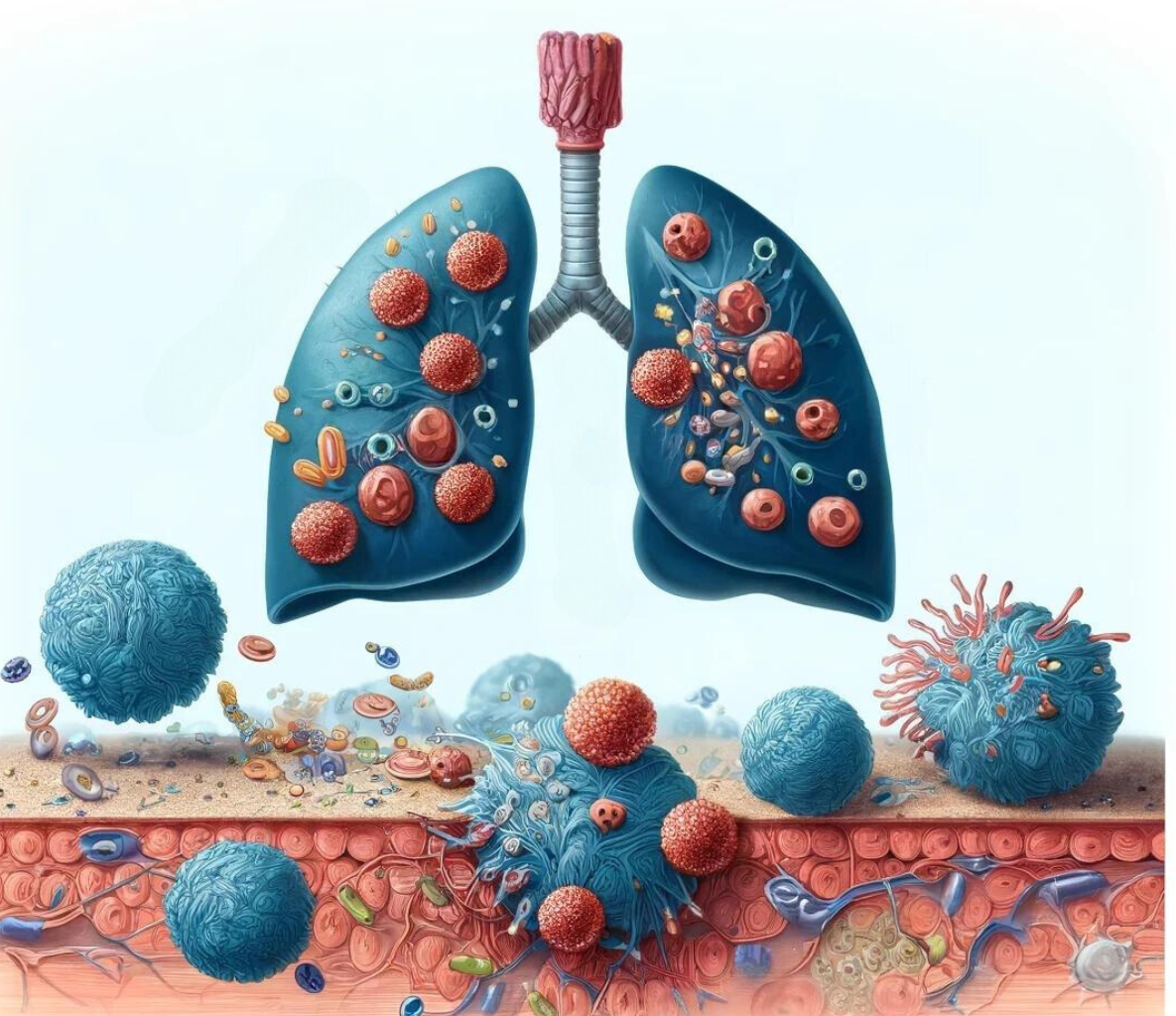ASCO, American Society of Clinical Oncology, during its recent Annual Meeting has highlighted the need for further researches concerning cancer care.
A study just published on ASCO’s Journal of Clinical Oncology focuses on how lung metastasis remains a significant challenge in treating Triple Negative Breast Cancer (TNBC), affecting approximately one-third of patients. In the molecular mechanisms driving this process, has been pointed out the role of exosomal HMGB1 in educating PD-L1+-tumor associated macrophages (TAMs) through glycometabolic reprogramming.
Key findings of the study:
- Exosome Characterization: Exosomes derived from TNBC cell line EO771 (EO771/exo) were found to contain significantly high levels of HMGB1.
- Macrophage Polarization: EO771/exo induced polarization of lung macrophages towards PD-L1+-TAMs, fostering an immunosuppressive pre-metastatic niche.
- Metabolic Reprogramming: Interaction between HMGB1 and Tim-3 ligand on lung macrophages led to enhanced glycolysis and lactate production.
- Immune Suppression: Increased PD-L1 expression on lung macrophages was associated with reduced CD3+CD8+ T lymphocytes, essential for immune surveillance.
Exosomal HMGB1 from TNBC cells reprograms lung macrophages metabolically and immunologically, creating a favorable environment for lung metastasis. Targeting this pathway could offer new therapeutic strategies to combat TNBC metastasis.
We can provide comprehensive information to facilitate informed decision-making for researches with HMGB1.
Contact us for your pre-sales questions about HMGB1
Read the full article about the study:
https://ascopubs.org/doi/10.1200/JCO.2024.42.16_suppl.1090




